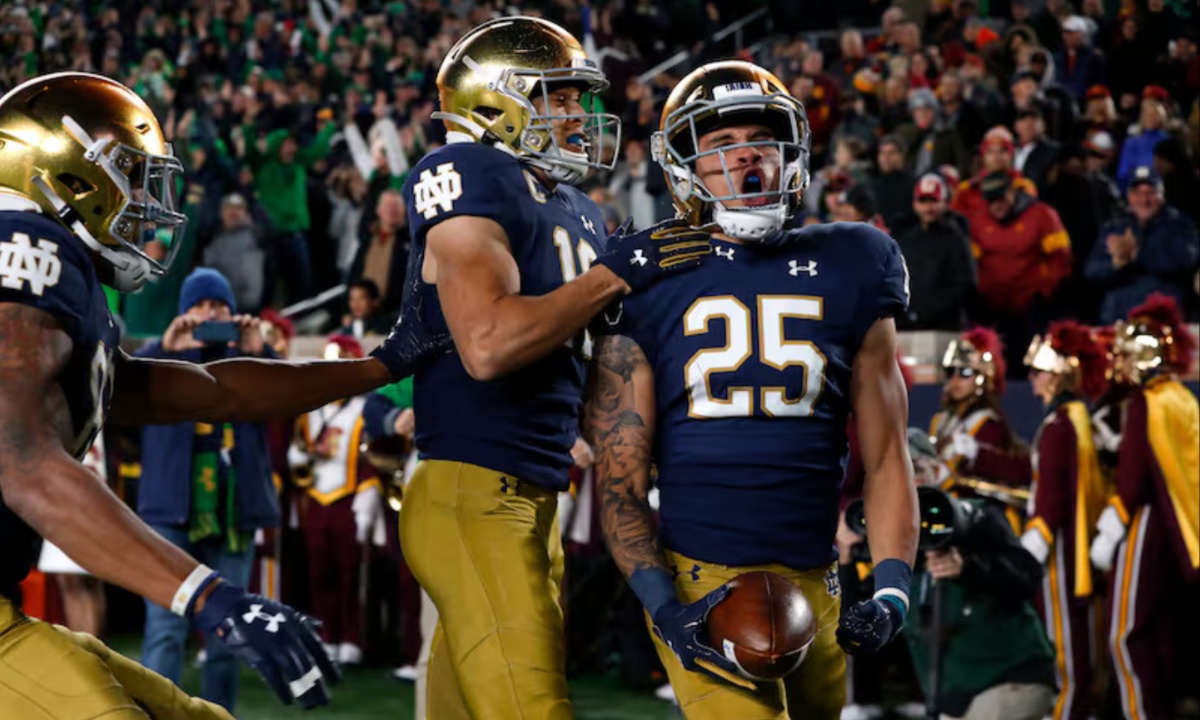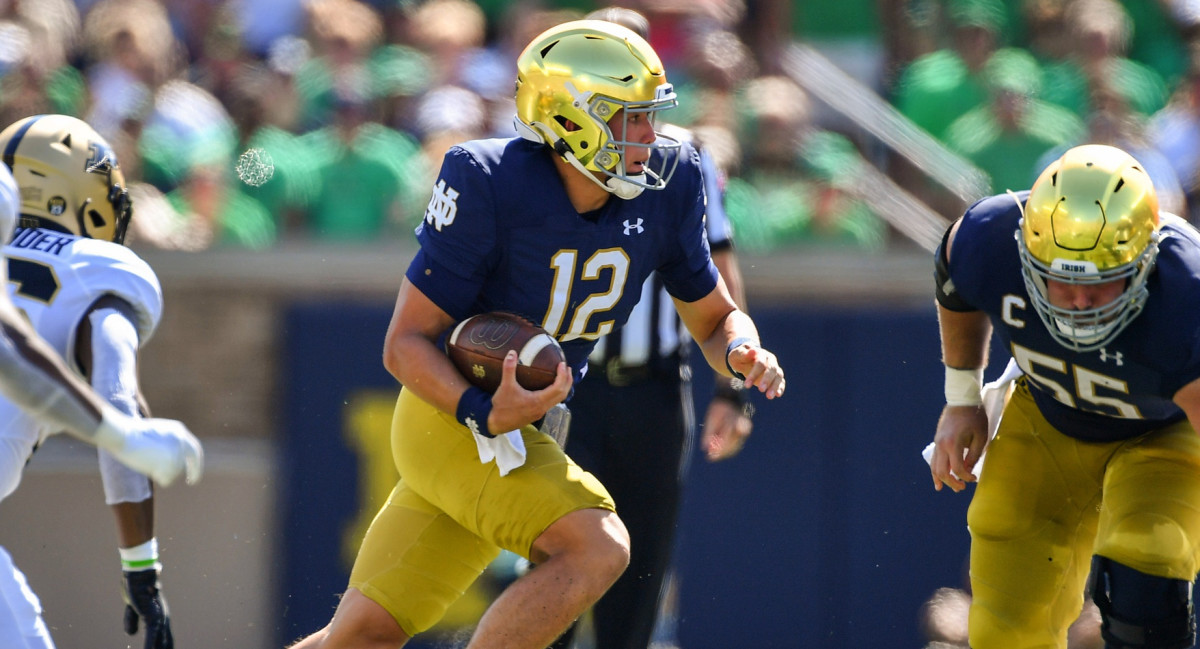In an era where college football programs rush to join larger conferences, Notre Dame stands as a unique outlier. Major moves, such as Texas and Oklahoma heading to the SEC and USC, UCLA, Oregon, and Washington joining the Big Ten, highlight the growing trend of schools seeking bigger revenue-sharing opportunities. Notre Dame, however, continues to thrive as an independent program, finding this status more rewarding than aligning with any conference.
Competing for Championships Without Conference Ties
Remaining independent means Notre Dame faces a tougher road to national championships, as they lack the advantage of automatic playoff bids granted to conference champions. Despite this, the Fighting Irish consistently prove their competitiveness. For example, after a single loss to Northern Illinois in a recent season, they won every remaining game and secured a top-10 ranking in the College Football Playoff as an at-large team.

One of Notre Dame’s primary motivations for staying independent is financial control. Unlike teams in conferences that split College Football Playoff earnings with their league, Notre Dame keeps all its postseason revenue. This unique setup maximizes the program’s financial gains while allowing it to remain a major competitor on the national stage. Independence, in this sense, ensures both financial and athletic success.
Exclusive Television Deal Provides Flexibility
Notre Dame’s broadcasting agreement with NBC is another critical reason for its independence. This deal not only provides significant revenue but also gives the program full control over its media rights. Moreover, their independence allows them to design their schedule without constraints. Unlike teams tied to conference schedules, Notre Dame can arrange matchups that strengthen their reputation and avoid criticism over weak opponents.
While many programs seek stability through conferences, Notre Dame thrives by charting its own course. Their approach combines financial autonomy, competitive scheduling, and postseason opportunities without the limitations of conference membership. Notre Dame’s strategy highlights that independence, when managed effectively, can be a successful alternative in the evolving world of college football.
